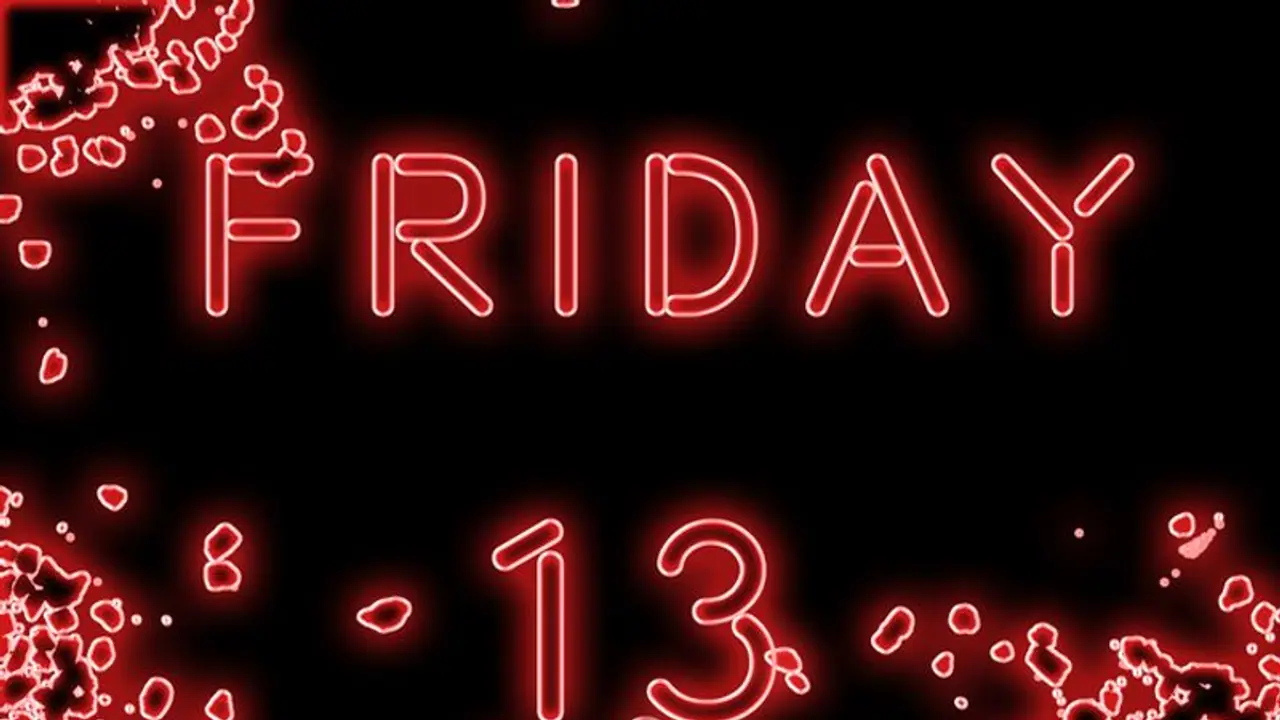Many Westerners alter their behaviours on Friday the 13th. Of course bad things do sometimes happen on that date. Here are some reasons you should know about Friday, the 13th.
The number 13 is synonymous with bad luck. It's considered unlucky to have 13 guests at a dinner party, many buildings don't have a 13th floor and most people avoid getting married or buying a house on a day marked by this dreaded number.

But why is 13 unlucky? And is there any statistical proof to support the superstition? On Friday the 13th, many Westerners change how they act. Yes, horrible things do occasionally occur on that day, but there is no proof they occur more frequently.
The "triskaidekaphobia" that has given 13 a bad rep is a mysterious and speculative phenomenon. Its accidental placement next to fortunate 12 may serve as a straightforward historical justification.
Joe Nickell investigates paranormal claims for the Committee for Skeptical Inquiry, a nonprofit that scientifically examines controversial and extraordinary claims. He notes that 12 is a number that frequently denotes "completion," including the number of months in a year, the Olympus gods, the zodiac signs, and the apostles of Jesus. With this idea of goodness and perfection, thirteen stands in opposition.
Also Read | Diwali 2022: Know do's and don'ts of the auspicious festival
There may be some infamous yet unwelcome dinner guests with the number 13. In Norse mythology, Loki, a deity, arrived to a feast in Valhalla as the thirteenth guest and lured another guest into slaying Baldur, another god.
According to Christianity, Judas, the apostle who betrayed Jesus, was present at the Last Supper as the 13th guest. However, sociocultural processes have the ability to link unluck with any number.
Also Read | Diwali 2022: Rangoli designs you can try this festive season; also know their importance
When the circumstances are right, a rumour or superstition can create its own social reality and grow as an urban legend as it tumbles through time. Nine is considered unlucky in Japan, likely because it resembles the Japanese term for sorrow. It is 17 in Italy.
Specific phobias come in many different varieties, and people have them for a wide range of psychological factors. They may develop as a result of certain bad events, such as developing a phobia of bees after receiving a stinger.
Also Read | What are green crackers? Why are they better than the traditional ones?
Other risk factors for getting a phobia include being extremely young, having family members who have them, being more sensitive, and being around others who have them. A sensation of unfamiliarity, or "felt sense of oddity," as it is known in the psychological literature, may be related to some of 13's notoriety. In everyday life, 13 is less common than 12. There’s no 13th month, 13-inch ruler, or 13 o’clock.
